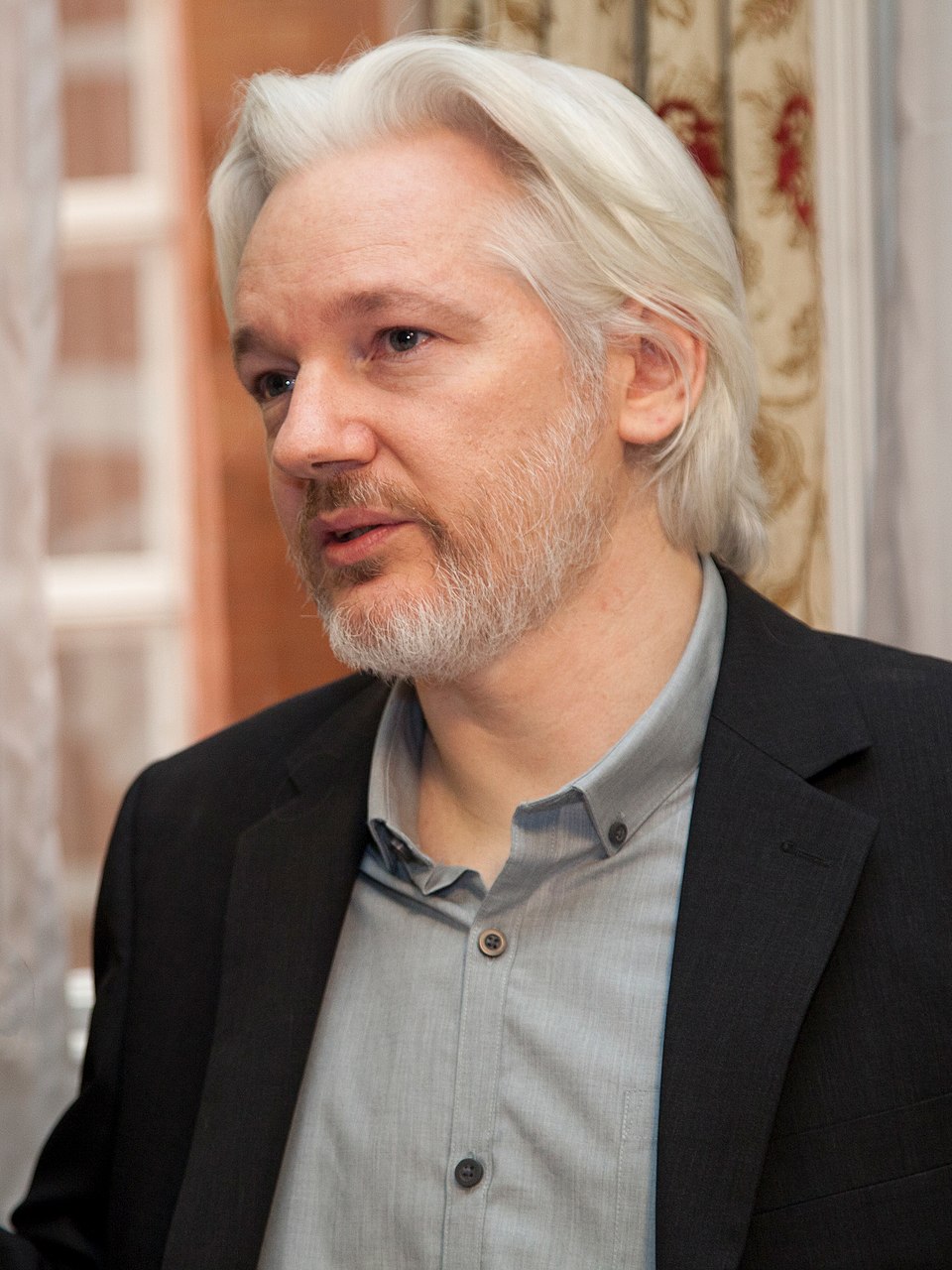
Introduction
The case of Julian Assange continues to resonate globally due to its profound implications for press freedom and the legal landscape surrounding whistleblowers. As the founder of WikiLeaks, Assange’s decision to publish classified information about government activities has sparked widespread debates on transparency, ethics, and the role of journalism in democratic societies. Recently, Assange’s ongoing legal struggles have re-ignited discussions regarding the limits of government power and the protection of investigative journalism.
Recent Developments
As of October 2023, Julian Assange remains in a high-security prison in the United Kingdom, where he has been detained since 2019. His extradition to the United States is sought on charges including conspiracy to commit computer intrusion and violations of the Espionage Act, stemming from the 2010 publication of thousands of classified US military documents. In a recent court ruling, the UK High Court rejected the appeals filed by Assange’s legal team, a decision that has further complicated his prospects for freedom.
Advocates for Assange argue that the charges against him pose a significant threat to journalists and whistleblowers, potentially setting a dangerous precedent for press freedom. Prominent voices from various organisations, including Amnesty International and Reporters Without Borders, have expressed concern over the implications these charges could have on journalistic practices worldwide.
International Reaction
Assange’s case has not only attracted domestic interest but also spurred international debate. Governments worldwide are being urged to assess their stances on freedom of speech and the rights of journalists. Recent protests and campaigns calling for Assange’s release have taken place in cities globally, with supporters arguing that his work has shed light on critical issues such as war crimes and government overreach.
Conclusion
The legal battle surrounding Julian Assange exemplifies the complex intersections of national security, press freedom, and the ethical responsibilities of journalists. As the situation continues to evolve, it is expected that discussions surrounding Assange’s fate will persist in engaging public interest and driving policy change. Looking ahead, his case stands as a pivotal moment in the dialogue about the future of investigative journalism and the protection of freedom of expression worldwide.
You may also like

The UKIP Party: Recent Developments and Future Outlook

Qatar’s Growing Influence in Global Affairs
